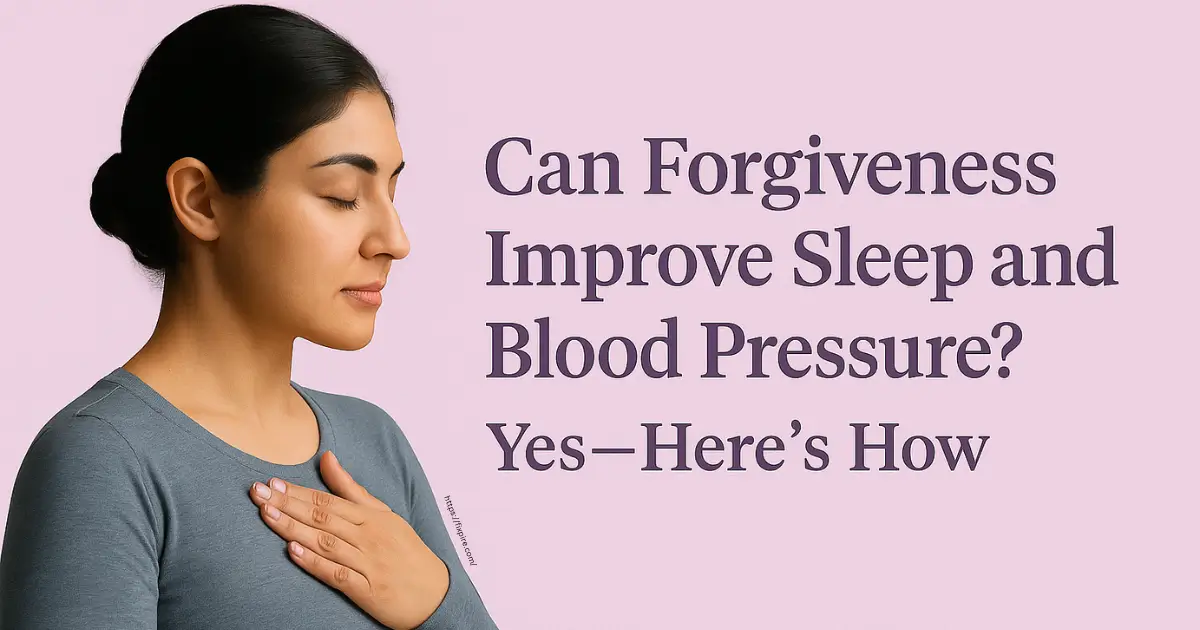In today’s busy world, mental health often takes a backseat to daily responsibilities. However, making one small change—adding daily exercise—can significantly boost your emotional well-being. How to Improve Your Mental Health with Daily Exercise is more than just a trending topic—it’s a proven, science-backed approach to feeling better every day. Regular physical activity reduces stress, elevates mood, and eases symptoms of anxiety and depression. Whether you are just starting out or seeking a consistent routine, this guide will show you how daily movement can become a powerful tool for improving your mental health. Let’s get moving toward wellness.

The Powerful Connection Between Mental Health and Physical Activity
Before diving into specific routines, it’s important to understand the science behind mental health and physical activity. Exercise is more than just a tool to build muscles or lose weight—it directly impacts brain chemistry and emotional regulation.
When you exercise, your body releases:
- Endorphins: Natural mood boosters that reduce pain and stress.
- Dopamine and serotonin: Neurotransmitters associated with happiness, motivation, and focus.
- Brain-derived neurotrophic factor (BDNF): A protein that supports brain function and reduces symptoms of depression.
Additionally, exercise reduces the level of the stress hormone cortisol, helping you feel calmer and more in control. This biochemical reaction creates a natural mood-enhancing effect that continues long after your workout ends.
Mental Health Benefits of Exercise You Can Actually Feel
Now, let’s explore some of the mental health benefits of exercise that people often report after starting a consistent routine:
a. Reduces Anxiety and Depression
Exercise stimulates the release of feel-good chemicals, acting like a natural antidepressant. It helps regulate mood, decreases anxiety symptoms, and even prevents future episodes of depression.
b. Improves Sleep Quality
People who work out regularly often experience deeper, more restful sleep. Sleep plays a crucial role in emotional regulation and resilience, making exercise an indirect but powerful sleep aid.
c. Boosts Self-Esteem and Confidence
Achieving fitness goals—big or small—can provide a sense of accomplishment and build confidence, which are essential components of good mental health.
d. Enhances Cognitive Function
Physical activity improves memory, focus, and mental sharpness. It’s especially beneficial for people experiencing stress or age-related cognitive decline.
e. Provides Social Interaction
Joining a group class or walking with a friend adds a social element to exercise, reducing feelings of loneliness and isolation.
How to Improve Your Mental Health with Daily Exercise
Let’s break down exactly how to improve your mental health with daily exercise in a way that’s sustainable, enjoyable, and personalized.
Step 1: Start Small and Be Consistent
- You don’t need to run 10 miles or lift heavy weights to feel better. Begin with 10 to 15 minutes of light activity each day and gradually build up. The key is consistency.
- Tip: Set a goal to move your body every day—even if it’s just a walk around the block or 5 minutes of stretching.
Step 2: Choose Activities You Enjoy
The best exercise is the one you look forward to doing. Experiment with different workouts:
- Yoga or Pilates for mindfulness
- Walking or jogging for clarity
- Dancing for joy and creativity
- Strength training for empowerment
Doing what you love increases the likelihood of sticking with it and enjoying long-term mental health benefits.
Step 3: Create a Routine You Can Stick To
A daily routine provides structure, which is particularly helpful for those struggling with mental health challenges. Whether you prefer morning workouts to set the tone for the day or evening routines to de-stress, consistency helps your brain and body adjust.
Step 4: Track Your Progress and Mood
Keeping a simple journal of your workouts and how you feel afterward helps you stay motivated and recognize patterns. You’ll likely begin to notice you feel more energized, positive, and clear-headed after exercising.
Daily Exercise for Mental Wellness: What Should Your Routine Include?

A well-rounded daily exercise plan targets different areas of fitness while supporting your mind-body connection. Let’s break down a balanced daily exercise for mental wellness routine:
✅ Monday – Mindful Movement (Yoga or Pilates)
- Focus on breathing, flexibility, and alignment. This promotes calmness and helps reduce tension in the body and mind.
✅ Tuesday – Cardio for Clarity (Walking, Running, Cycling)
- Cardiovascular activities improve blood flow to the brain and release feel-good hormones.
✅ Wednesday – Strength Training for Empowerment
- Building strength improves posture, confidence, and boosts metabolism, which in turn stabilizes mood.
✅ Thursday – Play or Dance
- Let loose with a fun activity. Dance, hula-hooping, or even a game of tag with your kids can lift your spirits.
✅ Friday – Stretching and Recovery
- Give your body a chance to recover while staying connected through gentle movement and breathwork.
✅ Saturday – Nature Walk or Outdoor Workout
- Spending time outside improves mental clarity and helps reset your nervous system.
✅ Sunday – Active Rest or Meditation
- Gentle movement or a guided meditation walk keeps you in tune with your body while allowing for reflection and restoration.
Reminder: You don’t need to follow this exactly. Adjust it based on your preferences, energy levels, and schedule.
How Exercise Improves Mental Health Scientifically
Many people ask: how exercise improves mental health—and the answer is deeply rooted in neuroscience and psychology.
- Neuroplasticity and Brain Health: Exercise stimulates new neuron growth and enhances neuroplasticity—the brain’s ability to adapt and form new connections. This is critical for emotional resilience and learning.
- Stress Regulation: Regular physical activity strengthens your body’s ability to regulate stress hormones. Over time, you become more resilient to emotional triggers.
- Increased Social Engagement: Group activities encourage interpersonal bonding and reduce loneliness, both of which are major risk factors for poor mental health.
- Better Emotional Regulation: Physical exertion helps reduce impulsivity and increases your ability to respond rather than react emotionally—key for managing anxiety, anger, or depression.
Workout Routine for Better Mental Health: A Weekly Plan
Here’s a sample workout routine for better mental health that’s beginner-friendly yet highly effective:
| Day | Activity Type | Duration | Focus |
|---|---|---|---|
| Monday | Yoga + Deep Breathing | 30 min | Mindfulness & Relaxation |
| Tuesday | Brisk Walk | 45 min | Mood & Energy Boost |
| Wednesday | Bodyweight Training | 30 min | Strength & Confidence |
| Thursday | Dance or Aerobics | 30 min | Joy & Endorphin Release |
| Friday | Stretching + Foam Rolling | 20 min | Recovery & Stress Relief |
| Saturday | Hike or Outdoor Workout | 60 min | Connection with Nature |
| Sunday | Meditation Walk | 20 min | Reflection & Emotional Reset |
Mix and match based on your comfort, but aim to move daily in a way that feels sustainable and fulfilling.
Bonus Tips to Stay Motivated
Staying committed can be challenging. Here’s how to make it easier:
- Set realistic goals: Start with goals like “walk 3 times a week” rather than “run a marathon.”
- Use music or podcasts: They make your workout more enjoyable and distracting in a good way.
- Celebrate progress: Every session counts, so acknowledge your effort.
- Involve friends or family: Accountability partners help you stay on track.
When to Seek Professional Support
Exercise is powerful, but it’s not a substitute for professional mental health care. If you’re struggling with persistent depression, anxiety, or trauma, consider working with a therapist or counselor. Exercise can be a complementary tool—but not the only one. In fact, many mental health professionals incorporate movement into treatment plans because of its proven benefits.
Final Reflection: A New Path to Mental Wellness
Taking care of your mind doesn’t require fancy equipment or long hours at the gym. What it does require is consistency, intention, and a willingness to show up for yourself—even on the tough days. How to Improve Your Mental Health with Daily Exercise isn’t just about fitness; it’s about giving your mind the movement, energy, and joy it needs to thrive.
So, start today. Put on your sneakers, take that first step, and trust that with every movement, you’re not just building a healthier body—you are also nurturing a stronger, more resilient mind.











